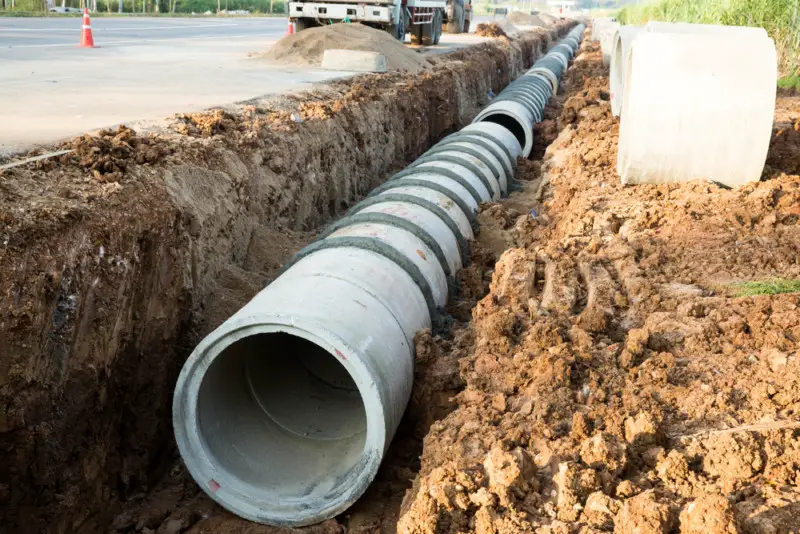3 Southern Africa countries have joined hands to construct a 600km water pipeline that will run from Lesotho through South Africa to Botswana.
This was made known to the public on Tuesday 19th by Rapule Pule, a water resource specialist from the Orange-Senqu River Commission (ORASECOM), in Francis town, Botswana.
ORASECOM is an institution charged with the responsibility of managing resources of the Orange-Senqu River Basin, which is a trans boundary resource shared by Botswana, Namibia, Lesotho and South Africa.
Ministers sign a memorandum of agreement
Water ministers from South Africa, Botswana and Lesotho recently signed a Memorandum of Agreement, aiming to provide policy and political guidance for the project, and review progress on the implementation of the 10-year integrated water resource management plan adopted in 2015. The plan attempts to guide management, development and conservation of water resources of the Orange-Senqu River Basin.
Mr. Pule said that Namibia, although they share the Trans boundary resource, will only be an observer to the program and in that case she will not contribute to the costs.
Also Read: South Sudan to develop US $40,000 borehole project
Botswana water crisis to be alleviated by Lesotho
Botswana has in the recent past faced water crisis following a four year consistent drought. This drove the country to start importing water from their sister country’s in order to sustain its citizens. For example water supply in Gaborone has been sustained by imported water from North West Province of South Africa and now from Lesotho.
Lesotho has a water surplus an aspect that made her eligible for water export. The country has mountains that easily trap water from the Senqu River, Vaal River and Orange River, among other water streams.
In addition, the country has two proposed dam construction to increase her water resources. The sites have been identified by consultants along the Makhaleng River and a pre-feasibility study funded by the African Development Bank at a cost US$ 2.3 million is being conducted to determine the sizes and cost of the dams.
